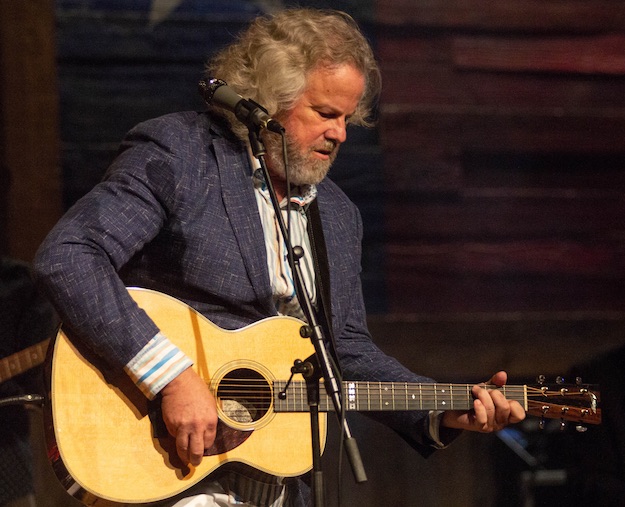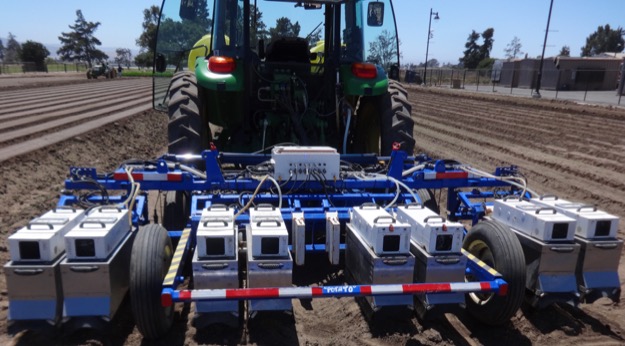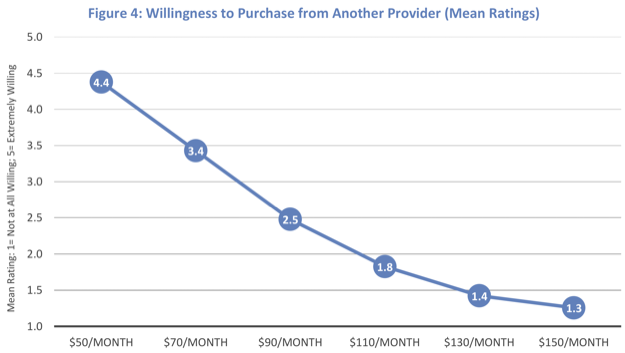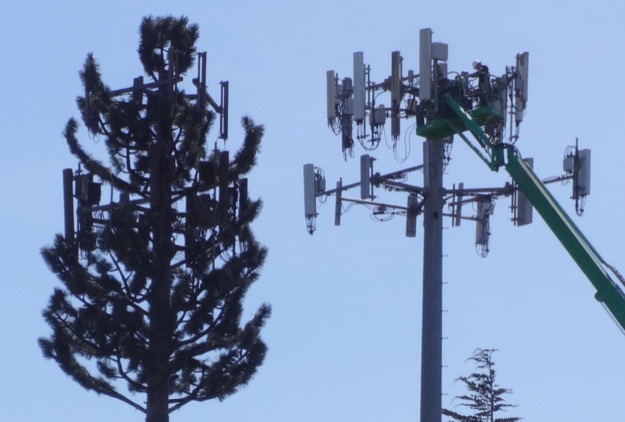The road goes on forever and the party never ends

That didn’t turn out like I planned. A couple trips around the sun ago, I stopped daily blogging, intending to go deeper into selected topics on this Humble Blog and turbocharge this website, making it a more complete resource for local broadband development. Instead, my business took a different turn, towards ventures of my own. So there have been no new blog posts and little updating since then.
Going forward, this blog and website will continue.… More









